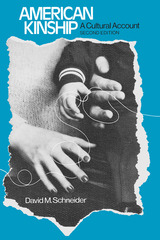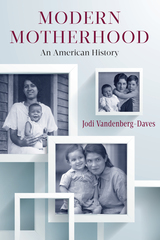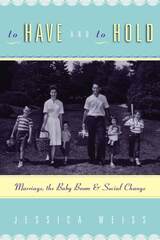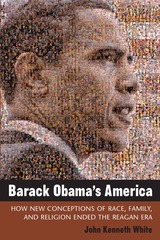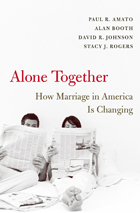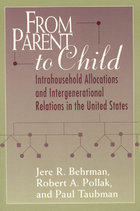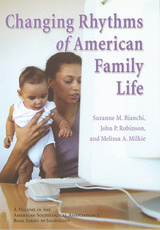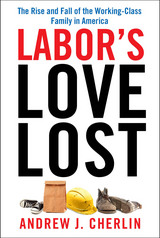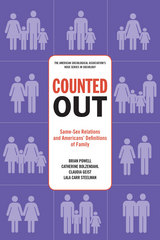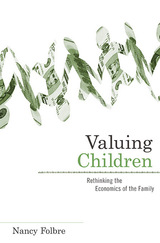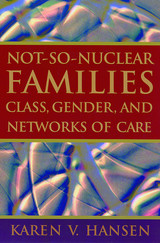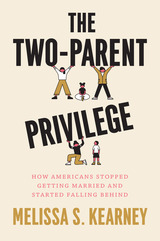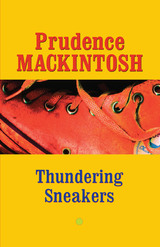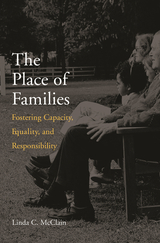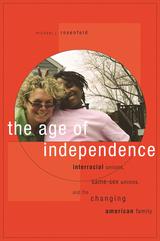Paper: 978-0-674-04727-3 | eISBN: 978-0-674-03364-1 | Cloth: 978-0-674-02632-2
Library of Congress Classification HQ536.F65 2008
Dewey Decimal Classification 306.850973
Nancy Folbre challenges the conventional economist's assumption that parents have children for the same reason that they acquire pets--primarily for the pleasure of their company. Children become the workers and taxpayers of the next generation, and "investments" in them offer a significant payback to other participants in the economy.
Yet parents, especially mothers, pay most of the costs. The high price of childrearing pushes many families into poverty, often with adverse consequences for children themselves.
Parents spend time as well as money on children. Yet most estimates of the "cost" of children ignore the value of this time. Folbre provides a startlingly high but entirely credible estimate of the value of parental time per child by asking what it would cost to purchase a comparable substitute for it.
She also emphasizes the need for better accounting of public expenditure on children over the life cycle and describes the need to rethink the very structure and logic of the welfare state. A new institutional structure could promote more cooperative, sustainable, and efficient commitments to the next generation.
See other books on: Households | Marriage & Family | Microeconomics | Rethinking | Social Services & Welfare
See other titles from Harvard University Press


